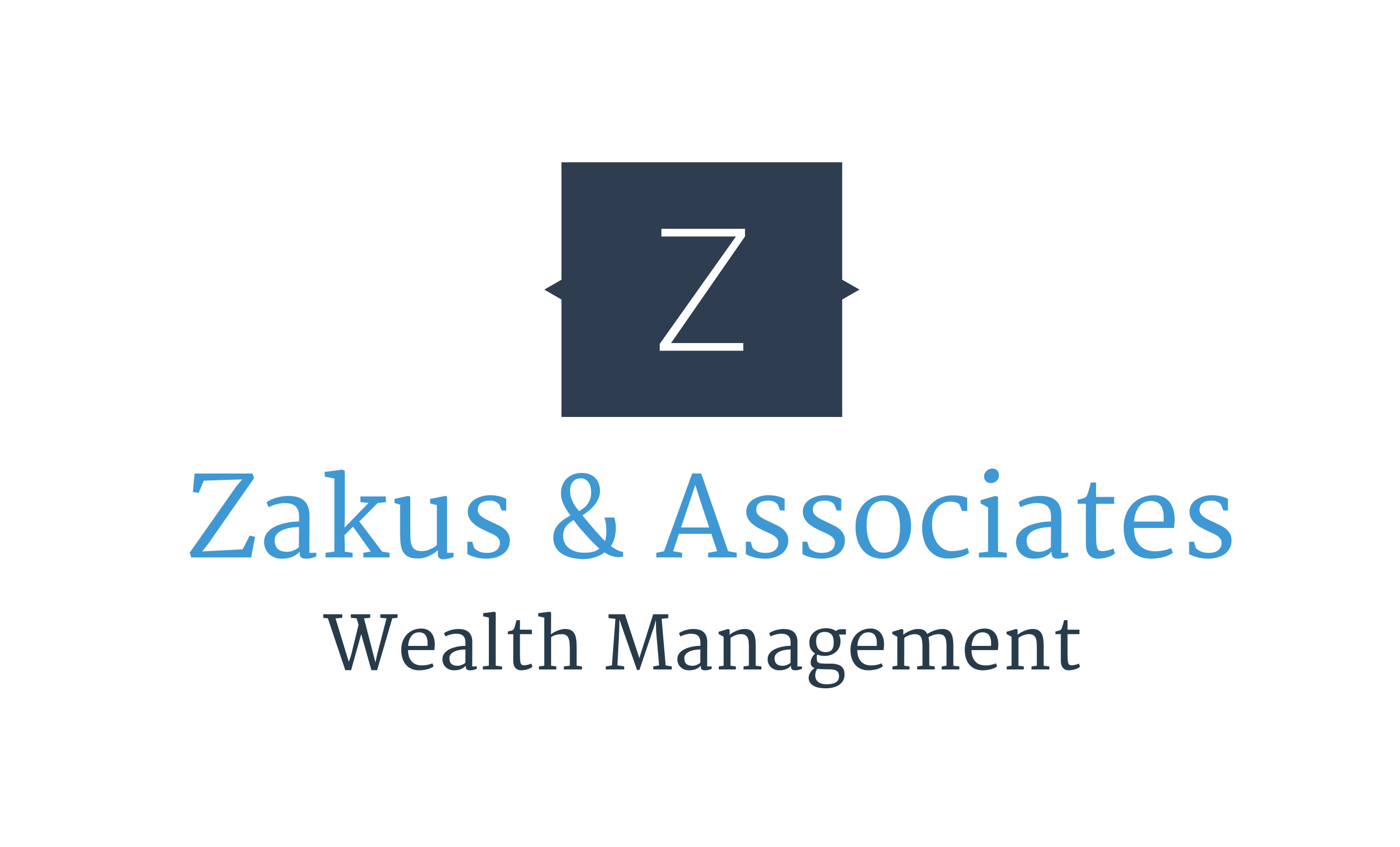What’s Your Number?
It’s the million-dollar question….no pun intended, but it’s a number you should have some clear direction around.
What if you were sitting with a travel agent, planning that dream vacation you want to take twenty or thirty years from now. Seems crazy right? You don’t know where it will be, how much it will cost or how long, but you are putting aside money every month for the trip. You’re not even sure how much to save or when you have saved enough. Crazy, huh? Well welcome to Financial Planning.
So, do you know your number?
When I meet with new clients and I ask them what their number is, some aren’t sure what to say, some kind-of have an idea and some have a clear number in mind.
Is your number one million dollars, two million dollars or something less? For everyone that is still in their working years, you are expected to anticipate your future expenses, the amount that you need to cover those expenses, so you can enjoy your golden years. Seems daunting?
As Financial Advisors, we can help you determine what your number is by using multiples of final salary to percentages pegged to your pre-retirement income. But no one formula fits every person or life stage, and there are a few other factors and questions that need to be talked about.
Here are a few questions that you’ve probably been asked:
– At what age would you like to retire?
– What do you want to do when you retire?
– Will you want to travel every year?
These are important questions, and the answers will help map out your number to fund your golden years. However, we also need to keep six planning factors in mind and how they relate to you in determining your number.
Pension Incomes: Will you have an employer sponsored Pension Plan?
There are still Canadians who have Defined Benefit Pensions. These pensions guarantee a monthly income in retirement for life. However, not all Defined Benefit Pension plans are as secure as others. One of the most notable examples is Nortel, where pensioners are not receiving their full benefits they thought would be there.
According to Statistics Canada, there are approximately 4.2 million workers with defined benefit pension plans. Of these, 1.3 million are privately funded putting them at risk if the company declares insolvency or becomes bankrupt.
The other pension plan that is more widely offered today is a Defined Contribution Plan. Defined contribution plans are pretty much like an RSP where both the employer and employee make contributions. The amount available for retirement income is linked to total contributions and market growth.
We also have the Canada Pension Plan (CPP) which pays a monthly benefit and is based on your earnings and how much you contributed during your working years. The maximum monthly amount in 2018 is $1,134.17 with the average being $673.10 a month.
The second Federal pension is the Old Age Security. OAS yields a lower basic monthly benefit of $596.67 in 2018 and is subject to claw back rules.
From “Your Number” standpoint, the more reliable pension income you have, the less you potentially need to save…..maybe.
How long is your retirement going to be? One of the questions commonly asked is “when do you want to retire?” The earlier you retire, the more money you are going to need to draw from for the rest of your life. Will your number cover your retirement period for twenty years, thirty years or longer?
This seems to be basic right? but now you need to determine your Savings Rate.
The growth of your savings matters. We can all agree that the higher the rate of return on your investments, the better, and it could mean less you need to save. The opposite is true, the lower your investment return, the more you are going to have to beef up that retirement nest egg. If only it was possible to know in advance what your returns are going to be, planning would be some much easier. Future returns are unknowable. So be careful to use conservative return assumptions in your planning. Over-estimating future returns will result in under saving and increase the risk of outliving your money while in retirement.
Investment vehicles also play an important role in structuring retirement income. Investments such as Annuities are often overlooked for the potential of higher investment returns, but they could provide a steady known stream of income.
Retirement spending. Retirement means different things to different people. If your life style in Retirement will cost $100,000 dollars a year, you’re going to need to save more than someone who is comfortable living on $40,000 dollars a year. Knowing what your Retirement lifestyle looks likes is going to be is an important thing to consider. Remember that question I asked earlier? What do you want to do in retirement?
Are you a homeowner? If so, you have another asset that can potentially support you in retirement, perhaps in your later years. Real-estate can make up a significant asset for homeowners and if this asset doesn’t exist you will need to create a larger nest egg.
Legacy. Are you planning on leaving money or a specific asset to your children or even a grandchild? How about a favorite charity? Your number will need to represent the legacy that you want to leave.
No matter what your age, you should have at least some idea of what your number will need to be in retirement to live your desired lifestyle. As I already shared, you can use a multiple of final salary or a percentage pegged to your pre-retirement income. Most Financial Advisors set this number at 70% to 85% of pre-retirement household income.
Case Study
Let’s look at a savings rate of 5%
Meet Kara, a 30-year-old who earns $40,000 per year, and expects 1.5% raises each year until her retirement at age 67. Investing in a diversified portfolio with an expected annual rate of return of 6%, Kara will have accumulated $316,592.07 at age 67.
If Kara needs 75% of her pre-retirement income to fund her desired lifestyle, she will need $4,272.84 each month.
Based on her current savings she could withdraw $1,054.02 per month, include Canada Pension and Old Age Security, the savings rate of 5% is significantly short of her desired goal.
So, what is Kara’s number?
Using the same assumptions, Kara’s number is $902,000.00 which is a 14.25% savings rate. Adding in Canada Pension and OAS her retirement would be funded.
The bottom line is you need to know what your number is and what factors can have an impact on it. Planning is not something that you do shortly before you stop working. Rather it is a life long process that will go through several changes as your personal circumstances change.
Want to discuss what your number is? Please email [email protected] or call 778-215-7230 for a chat.
Want more Insurance and retirement savings tips? Sign up for our free newsletter on our home page.
The information contained in this post is of general nature and should not be considered professional advice. Its accuracy or completeness is not guaranteed, and Zakus Kowalchuk LLP assumes no responsibility or liability



